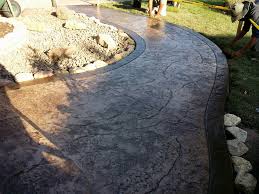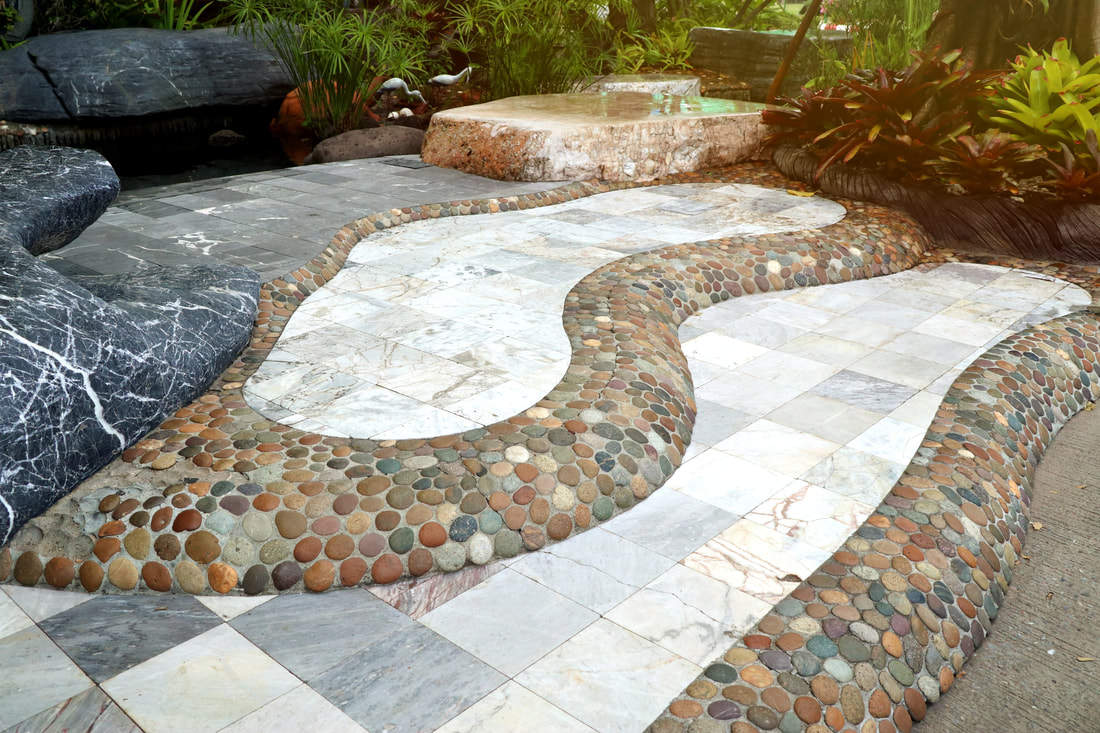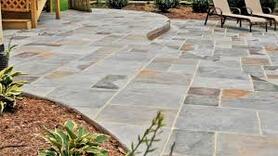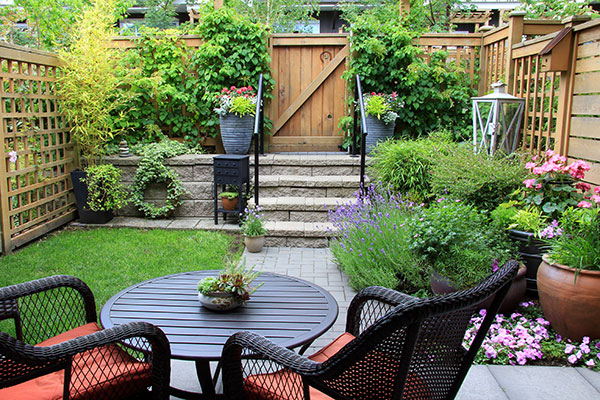Concrete Pros
Concrete patios
Richmond Concrete Pros - The best concrete contractor in the Richmond area. No job too big or too small. Our Richmond Virginia based operation covers all facets of concrete work from foundations to patios and driveways. We also do stamping, resurfacing, and repair work.
Call us at 804-552-0590 for a free quote. We can get your quote quicker if you provide your address.
Additionally, we understand the importance of good communication, which sadly is lacking in the contractor industry. We will return your calls promptly, carefully coordinate scheduling, and follow up. We are confident you will be very satisfied with our service.
Call us at 804-552-0590 for a free quote. We can get your quote quicker if you provide your address.
Additionally, we understand the importance of good communication, which sadly is lacking in the contractor industry. We will return your calls promptly, carefully coordinate scheduling, and follow up. We are confident you will be very satisfied with our service.
Richmond Concrete Pros - Stamped Concrete and Paver Patios and Sidewalks |
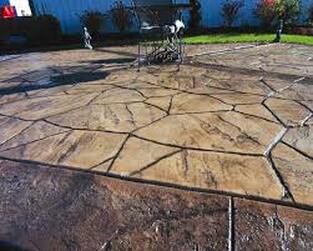
Concrete Options for Patios There are multiple options when it comes to using concrete for patios. The following offers a brief explanation of each so home and business owners can make the best choice for their needs. Concrete can be impregnated with color or a colored epoxy can be used on the top to seal the concrete and make it shine beautifully. Epoxy affords beautifully to all types of design elements. Stamped concrete is also an excellent option for patios. Concrete can be stamped in a wide array of methods. It can be made to look just like natural stones and other materials but requires much less maintenance. Stamped concrete can also add a decorative element to all types of designs. Many people select this option over pavers due to the fact that whole thing is one piece and not prone to settling as can happen to pavers over the years. Stained concrete lasts for many years because the concrete material soaks up the stain deep into the layers. Concrete can be subtly or vividly stained, depending on the wishes of the owner and the application. Stamped concrete gives you a huge array of decorative options, many more than with other materials. The patio can be colored to look like stone or virtually any color to match your home or surroundings. Plus concrete can be poured into any shape, giving you a large number of options. Exposed aggregate can create a stunning patio that is both easy to keep clean and also durable. This type of concrete is created by simply removing the outermost layers to reveal the beautiful aggregate that lies below. Engraved concrete can also be used to create stunning decorative elements for trim. Using special tools, concrete experts engrave the concrete and create amazing and even intricate designs that accent the other types of concrete that have been laid. Note about Virginia soils The mid-Atlantic region has a type of soil called Virginia Marl that can cause problems with paving due to its expansive properties. In fact you cannot pave on it. It must be removed and replaced with gravel to garner the proper compaction for a good foundation. Another is called Marine Clay with similar expansive and contraction properties based on moisture. The Richmond area is prone to these problems. How are Pavers Made and Used? Pavers can be made into different shapes and are typically used for outdoor flooring, such as walkways and patios. Concrete pavers are often made in a factory setting. The concrete is poured into specially shaped molds and coloring is added. Interlocking pavers can be made, and they are even being used in some parts of the world for road construction. Pavers are preferable for exterior construction because they allow water to filter through and are forgiving when it comes to soil changes. Pavers can be made into decorative tiles that highlight a distinctive part of a landscape or interior. Pavers are easy to install in most areas. A layer of simple concrete is poured, and then sand is added to the top. The pavers are laid out on top of the sand and concrete mixture in the desired pattern. The weight of the pavers and the sand and concrete hold them in place without the need for a mortar application. Unlike concrete slab applications, there is no cracking. Pavers are ideal for patios, walkways, and architectural design elements. The first pavers were shaped like bricks, but there is now a range of options for residential, commercial, or even industrial needs. These come in unlimited shapes and sizes. You do have to be careful when power washing some types of pavers as they are prone to getting thin lines in them where the power washer hits if you use the strongest setting. You are better off to use the second strongest setting and back off a foot or so to insure to don't mar the paver. The team at Richmond Concrete Pros has a lot of experience with pavers and can provide you with quality options and ideas for how to make your project turn out as attractive and practical as you had hoped. Give us a call. We would love to have a look at your environment and provide you with options. Home |
Get a free quote |
